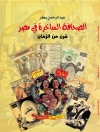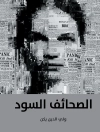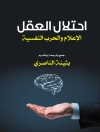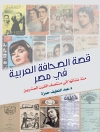How black and Latino youth learn, create, and collaborate online
The Digital Edge examines how the digital and social-media lives of low-income youth, especially youth of color, have evolved amidst rapid social and technological change. While notions of the digital divide between the “technology rich” and the “technology poor” have largely focused on access to new media technologies, the contours of the digital divide have grown increasingly complex. Analyzing data from a year‐long ethnographic study at Freeway High School, the authors investigate how the digital media ecologies and practices of black and Latino youth have adapted as a result of the wider diffusion of the internet all around us–in homes, at school, and in the palm of our hands. Their eager adoption of different technologies forge new possibilities for learning and creating that recognize the collective power of youth: peer networks, inventive uses of technology, and impassioned interests that are remaking the digital world.
Relying on nearly three hundred in-depth interviews with students, teachers, and parents, and hundreds of hours of observation in technology classes and after school programs, The Digital Edge carefully documents some of the emergent challenges for creating a more equitable digital and educational future. Focusing on the complex interactions between race, class, gender, geography and social inequality, the book explores the educational perils and possibilities of the expansion of digital media into the lives and learning environments of low-income youth. Ultimately, the book addresses how schools can support the ability of students to develop the social, technological, and educational skills required to navigate twenty-first century life.
Giới thiệu về tác giả
Lauren Weinzimmer is a Ph D Candidate with a concentration in Critical Media Studies in the department of Communication at the University of Minnesota.












